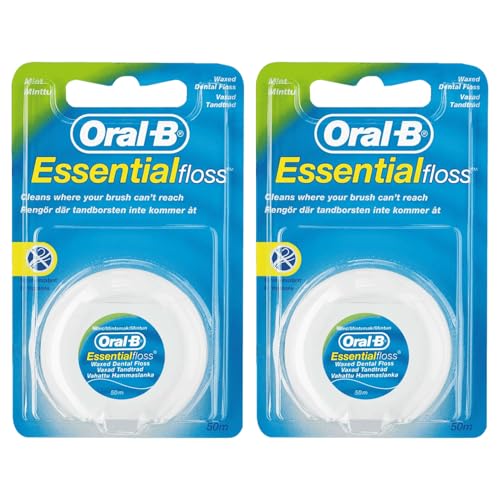Why flossing is important
Before we dive into the best time to floss, let’s first discuss why flossing is important. Flossing helps remove the plaque and bacteria that your toothbrush can’t reach. This can prevent gum disease, cavities, bad breath, and even heart disease. The American Dental Association recommends flossing at least once a day.
The best time to floss
So, is there a specific time of day that is best for flossing? The answer is no. The most important thing is to floss consistently. However, some people prefer flossing at night before bed. This is because it allows you to remove any food particles or plaque that may have accumulated throughout the day. Others prefer flossing in the morning to start the day with a clean mouth. Ultimately, it’s up to you to choose the timing that works best for your schedule and routine.
How to floss properly
No matter when you choose to floss, it’s important to do it correctly. Break off about 18 inches of floss and wrap it around your middle fingers, leaving about an inch or two of floss to work with. Use your thumbs and index fingers to guide the floss between your teeth, moving it up and down in a C shape against each tooth. Make sure to floss both sides of every tooth and to use a fresh section of floss for each tooth. Finally, be gentle and don’t snap the floss into your gums.
Other tips for oral hygiene
In addition to flossing, there are other things you can do to maintain good oral hygiene. Brush your teeth twice a day for at least two minutes each time. Use a toothpaste that contains fluoride to help prevent tooth decay. Replace your toothbrush every three to four months or when the bristles become frayed. And of course, don’t forget to visit your dentist regularly for checkups and cleanings.
The bottom line
While there isn’t a specific time of day that is best for flossing, it’s important to be consistent and to do it properly. Whether you prefer to floss in the morning, at night, or after lunch, make sure to take the time to care for your teeth and gums. By incorporating flossing and other oral hygiene practices into your daily routine, you can help prevent dental problems and achieve a healthy, beautiful smile.






